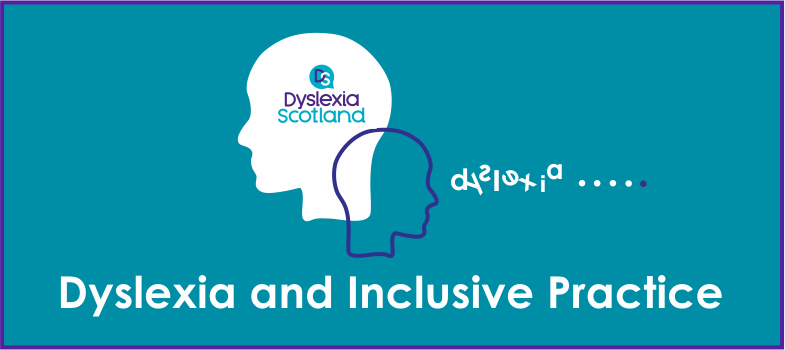Dyscalculia Definition
In Scotland there is no formal definition for dyscalculia and the recommendation would be to follow the same principles and practice as the dyslexia identification pathway using a collaborative process.
Download Dyslexia Scotland’s leaflet on Dyscalculia [Tip: hold Ctrl and click a link to open it in a new tab. (Hide tip)]
Consider the definitions below
British Dyslexia Association
Dyscalculia is usually perceived of as a specific learning difficulty for mathematics, or, more appropriately, arithmetic. Currently (January 2015) a search for ‘dyscalculia’ on the Department for Education’s website gives 0 results as compared to 44 for dyslexia, so the definition below comes from the American Psychiatric Association (2013):
“Developmental Dyscalculia (DD) is a specific learning disorder that is characterised by impairments in learning basic arithmetic facts, processing numerical magnitude and performing accurate and fluent calculations. These difficulties must be quantifiably below what is expected for an individual’s chronological age, and must not be caused by poor educational or daily activities or by intellectual impairments”.
The BDA are of the view that because definitions and diagnoses of dyscalculia are in their infancy and sometimes contradictory, it is difficult to suggest a prevalence, but research suggests it is around 5%. However, ‘mathematical learning difficulties’ are certainly not in their infancy and are very prevalent and often devastating in their impact on schooling, further and higher education and jobs. Prevalence in the UK is at least 25%.
Developmental Dyscalculia often occurs in association with other developmental disorders such as dyslexia or ADHD/ADD. Co-occurrence of learning disorders appears to be the rule rather than the exception. Co-occurrence is generally assumed to be a consequence of risk factors that are shared between disorders, for example, working memory. However, it should not be assumed that all dyslexics have problems with mathematics, although the percentage may be very high, or that all dyscalculics have problems with reading and writing. This latter rate of co-occurrence may well be a much lower percentage.
Because mathematics is very developmental, any insecurity or uncertainty in early topics will impact on later topics, hence to need to take intervention back to basics.
Recent research has identified the heterogeneous nature of mathematical learning difficulties and dyscalculia, hence it is difficult to identify via a single diagnostic test. Diagnosis and assessment should use a range of measures, a test protocol, to identify which factors are creating problems for the learner. Although on-line tests can be of help, understanding the difficulties will be better achieved by an individual person-to-person diagnostic, clinical interview.
This view supports the current methodology and collaborative identification process in Scotland.
Department for Education and Skills (DfES) England
Dyscalculia is a condition that affects the ability to acquire arithmetical skills. Dyscalculic learners may have difficulty understanding simple number concepts, lack an intuitive grasp of numbers, and have problems learning number facts and procedures. Even if they produce a correct answer or use a correct method, they may do so mechanically and without confidence.
Very little is known about the prevalence of dyscalculia, its causes, or treatment. Purely dyscalculic learners who have difficulties only with number will have cognitive and language abilities in the normal range, and may excel in nonmathematical subjects. It is more likely that difficulties with numeracy accompany the language difficulties of dyslexia.
Activity 8
- Look at your school/local authorities policies for numeracy and math
- Does the policy make a clear connection with dyscalculia or numeracy difficulties?
- In your view can this be improved to support learners and staff and if so how?
Use your Reflective Log to note your thoughts and findings.
Action Plan
- Use your Action Plan to identify next steps you will take , who you will discuss this with and how the impact can be evaluated
Dyslexia and difficulties with numeracy and math
